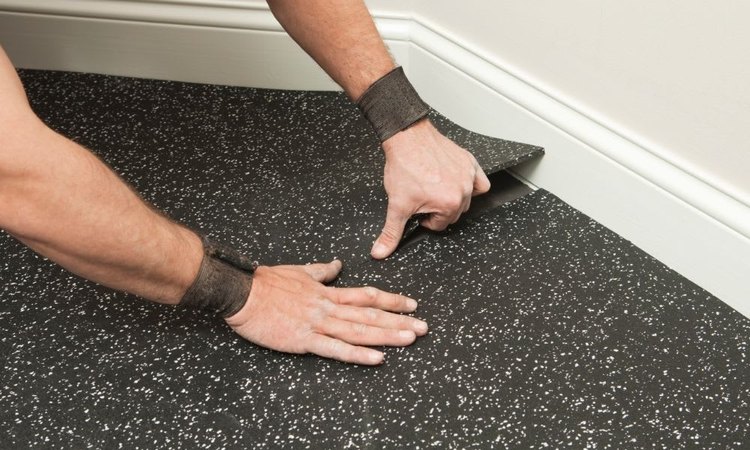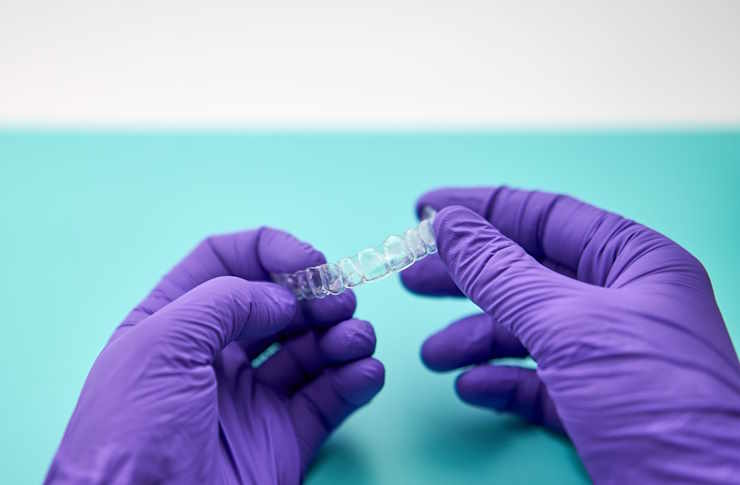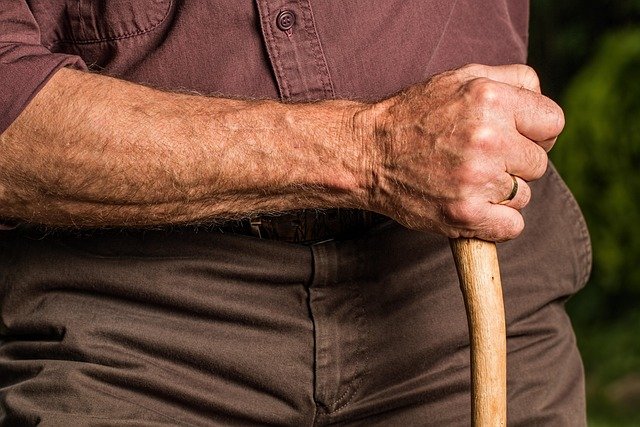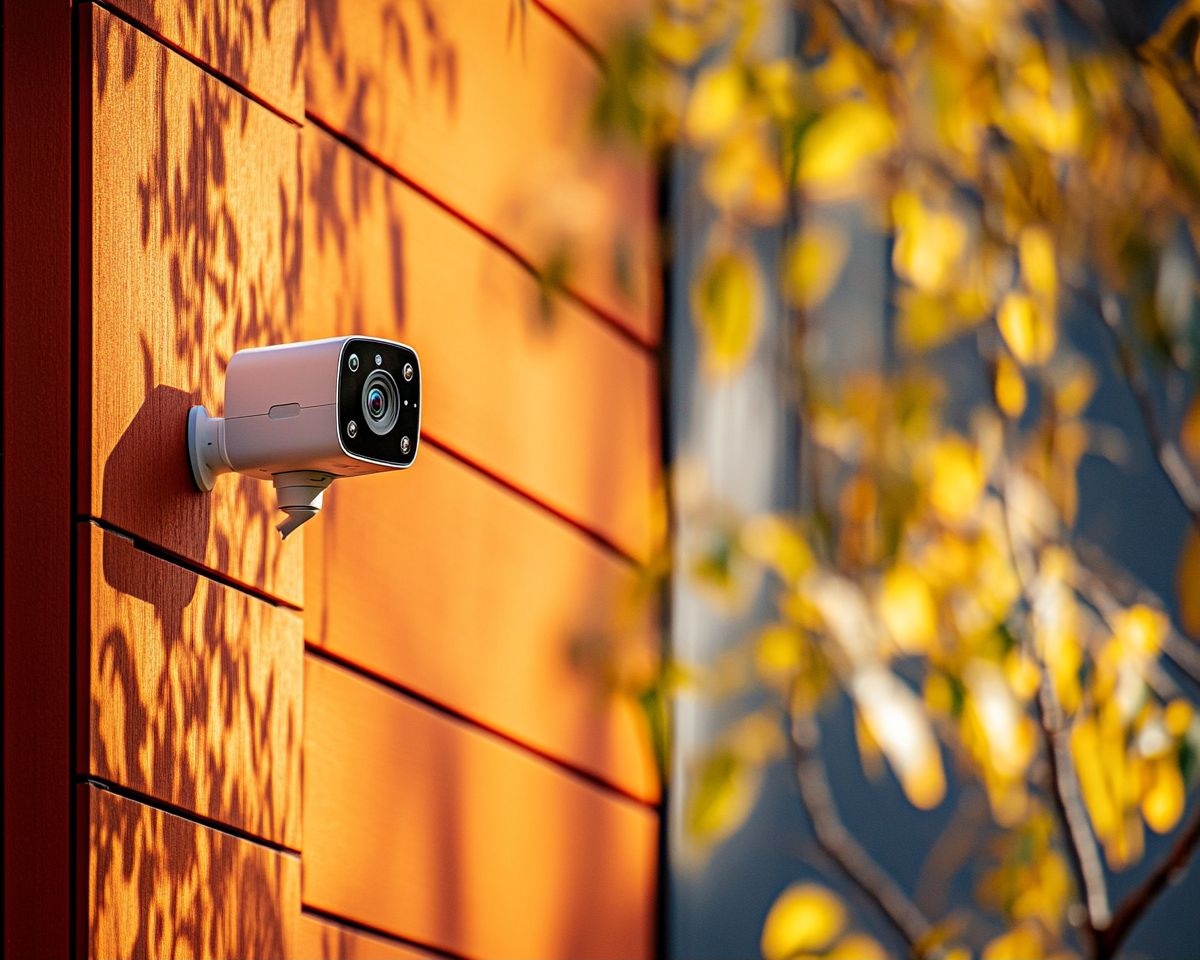Garage Floor Coatings: Epoxy, Polyurethane, Polyaspartic 2026
Garage floor coatings protect and enhance concrete durability and appearance. In the U.S., common materials are epoxy, polyurethane, and polyaspartic. This article reviews their characteristics, durability, installation, maintenance, and typical 2026 costs.

Garage Floor Coating Materials in the United States
Garage floor coatings serve both protective and aesthetic roles by forming durable surfaces over concrete. In the U.S., three primary materials dominate: epoxy, polyurethane, and polyaspartic coatings. Each has unique properties that affect performance, longevity, application, and maintenance.
Epoxy Coatings
Epoxy is a widely used resin-based material consisting of two components that chemically react to form a rigid plastic. Epoxy coatings offer strong adhesion to concrete, good chemical resistance, and durability suitable for residential garages. These coatings can range from water-based to 100% solids formulations, with solids content affecting coverage, thickness, and longevity. Epoxy coatings typically have a curing time of 24 to 72 hours, depending on ambient temperature and humidity.
Polyurethane Coatings
Polyurethane coatings provide a more flexible finish compared to epoxy. They are noted for their abrasion resistance and enhanced UV stability, which helps prevent yellowing or degradation from sunlight exposure. Polyurethane coatings are often used as a topcoat over epoxy to add durability and color retention but are also available as standalone coatings.
Polyaspartic Coatings
Polyaspartic coatings are a subset of polyurea coatings and represent a newer technology with fast curing times and strong chemical and abrasion resistance. These coatings cure rapidly—sometimes within a few hours—allowing for quicker project completion. Polyaspartic coatings also display excellent UV stability and are highly customizable in texture and appearance.
Durability and Performance Considerations
Durability is a key factor when selecting a garage floor coating, largely driven by the intended use of the garage and exposure factors. Epoxy coatings typically last between 5 and 10 years in a residential setting, although variations in quality and environmental conditions can affect lifespan. Polyurethane coatings may last slightly longer, primarily because of their resistance to UV light and abrasion.
Polyaspartic coatings can last 10 to 20 years or more with proper maintenance, thanks to their robust chemical formulation. They handle temperature fluctuations well, making them suitable for garages in diverse U.S. climates. However, all coatings require proper surface preparation and maintenance to achieve their maximum lifespan.
Installation Process and Curing Times
Surface preparation is critical across all coating types and usually involves cleaning, degreasing, and etching or grinding the concrete to allow better adhesion. Further repairs such as crack filling or patching may be necessary depending on the floor condition.
- Epoxy Coatings: Typically require 24 to 72 hours curing time post-application; full curing may extend to a week. Multiple coats may be applied, sometimes separated by a 12–24 hour wait.
- Polyurethane Coatings: Require similar preparation and may cure slightly faster than epoxy but generally need at least 24 hours before light use.
- Polyaspartic Coatings: Known for rapid curing, these can dry to touch within 1 to 3 hours, enabling multiple coats in a single day and quicker return to service.
Professional application is often advised to ensure proper mixing, coverage, and curing conditions.
Chemical Resistance and Environmental Stability
Garages often experience exposure to automotive fluids, household chemicals, and environmental elements. Chemical resistance varies among coatings:
- Epoxy coatings generally have good resistance to oil, gasoline, and other automotive chemicals but may degrade with prolonged exposure to UV light.
- Polyurethane coatings offer improved UV resistance and flexibility, helping prevent cracking and discoloration.
- Polyaspartic coatings provide excellent chemical resistance and UV stability, maintaining color and gloss in harsh conditions.
Appearance and Maintenance
Garage floor coatings can transform plain concrete into visually appealing surfaces. Customization includes options for color, texture, and decorative flakes or chips.
Maintenance typically involves regular sweeping or mopping to remove debris. Avoiding harsh chemical cleaners helps preserve the coating’s integrity. Epoxy floors require moderate upkeep, while polyurethane and polyaspartic floors generally demand less frequent maintenance.
Typical Costs in United States (2026)
When considering garage floor coatings in the United States, typical price ranges in 2026 include:
- Basic option (Epoxy): Around $4 to $7 per square foot – suitable for standard residential garages with moderate traffic and basic color options.
- Standard option (Polyurethane): Approximately $6 to $9 per square foot – includes enhanced UV resistance and longer lifespan.
- Premium option (Polyaspartic): Typically $8 to $12 per square foot – offers fast curing, superior durability, and extensive customization.
For example, coating a standard two-car garage (approximately 400 square feet) might range from $1,600 to $4,800 depending on the material selected and installation complexity.
Costs can vary based on several factors, including: - Garage size and shape - Condition and preparation required for the concrete surface - Geographic location and local labor rates - Additional features such as decorative flakes or anti-slip additives
Summary of Considerations for U.S. Homeowners
Selecting a garage floor coating involves balancing performance, cost, installation time, and aesthetic preferences. Epoxy remains a widely accessible choice with proven durability for residential garages. Polyurethane coatings add UV and abrasion resistance, which may be beneficial in sunny regions or garages storing vehicles with rough tires.
Polyaspartic coatings offer fast curing and longer-term durability but usually come at a higher cost. Their rapid installation timeline can be advantageous for minimizing downtime.
Regardless of the coating type, proper surface preparation and environmental conditions during installation significantly affect coating performance and longevity.
Maintenance requirements for all coating types involve routine cleaning and avoiding abrasive or harsh chemical cleaners to extend service life.
Understanding typical costs can help homeowners budget and plan effectively for garage floor treatments while recognizing variations due to local market conditions.




